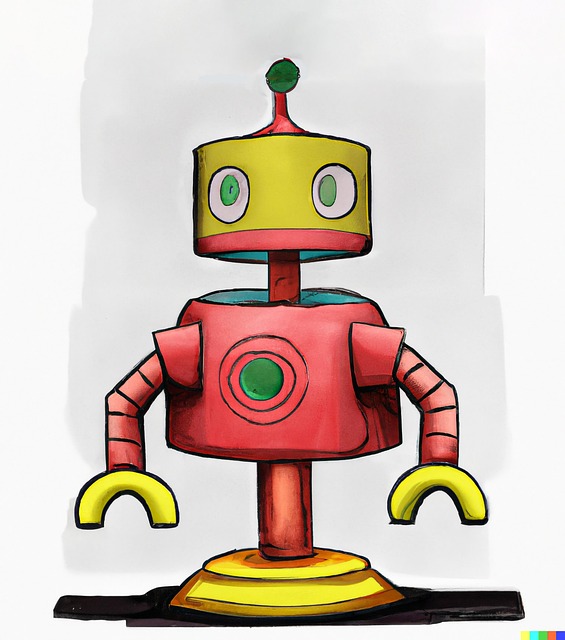Introduction
In today’s fast-paced world, efficiency and creativity are highly valued in every aspect of our lives. From business to education, the demand for faster and more innovative solutions is ever-increasing. One area that has seen a significant transformation in recent years is writing, thanks to the revolutionary impact of artificial intelligence (AI). With the ability to analyze vast amounts of data and generate human-like text, AI is changing the game for writers, making the writing process more efficient and creative. In this article, we will explore how AI is revolutionizing writing and its impact on efficiency and creativity.
Efficiency: Streamlining the Writing Process
The writing process is often a time-consuming and laborious task, especially when it comes to creating high-quality content. From researching to drafting and editing, it can take hours, if not days, to produce a well-written piece. However, with the introduction of AI in writing, this process has become more streamlined and efficient.
AI-powered tools, such as Grammarly and ProWritingAid, have become widely popular among writers for their ability to proofread and edit written content in a matter of seconds. These tools use advanced algorithms to check for grammar, spelling, and punctuation errors, as well as suggest improvements in sentence structure and vocabulary. This not only saves writers valuable time but also improves the overall quality of their writing.
Moreover, AI has also made research more efficient by automating the process of gathering information. With the help of natural language processing (NLP), AI algorithms can analyze vast amounts of data and extract relevant information, making the research process faster and more accurate. This allows writers to spend more time on the creative aspect of writing rather than getting bogged down by research.
Creativity: Enhancing the Writing Process
While AI has undoubtedly made the writing process more efficient, its impact on creativity is equally significant. One of the most remarkable features of AI is its ability to generate human-like text. This has opened up a whole new world of possibilities for writers, allowing them to explore new ideas and perspectives.
AI-powered writing tools, such as Articoolo and Quill, use NLP and machine learning to generate unique and engaging content on any given topic. This is particularly useful for content writers who need to produce a large volume of articles on a regular basis. With AI, they can generate multiple versions of an article, each with a unique angle, saving them time and effort.
Moreover, AI has also enabled writers to overcome writer’s block by suggesting ideas and prompts based on the topic they are working on. This helps writers think outside the box and come up with fresh and creative ideas. Additionally, AI can also analyze the tone and style of a piece of writing and suggest changes to make it more engaging and appealing to the target audience. This not only enhances the creativity of the writing but also makes it more effective in conveying the intended message.
Challenges and Future Possibilities
Despite its numerous benefits, AI in writing also presents some challenges. One of the main concerns is the fear of AI replacing human writers. While it is true that AI can generate human-like text, it lacks the ability to think critically and creatively like humans. Therefore, it is unlikely that AI will completely replace human writers in the foreseeable future. Instead, it will continue to be a valuable tool that complements and enhances the writing process.
Looking ahead, the possibilities for AI in writing are endless. With the continuous advancements in technology, AI is becoming more sophisticated and capable of performing complex tasks. In the future, we can expect to see AI-powered tools that can not only generate text but also create entire articles and even books. This will not only save time for writers but also open up new opportunities for collaboration between humans and AI.
Conclusion
In conclusion, AI has undoubtedly revolutionized the writing process, making it more efficient and creative. From streamlining the research process to generating human-like text, AI-powered tools have become indispensable for writers in today’s digital age. While there are concerns about the impact of AI on the writing profession, it is clear that AI is here to stay and will continue to evolve and enhance the writing process in the future. As writers, it is essential to embrace this technology and use it to our advantage, ultimately improving the quality and efficiency of our work.











